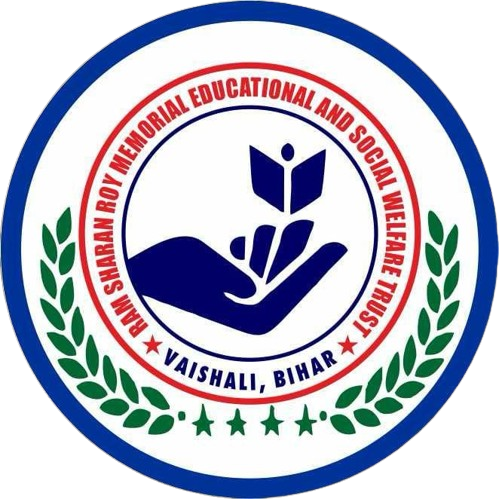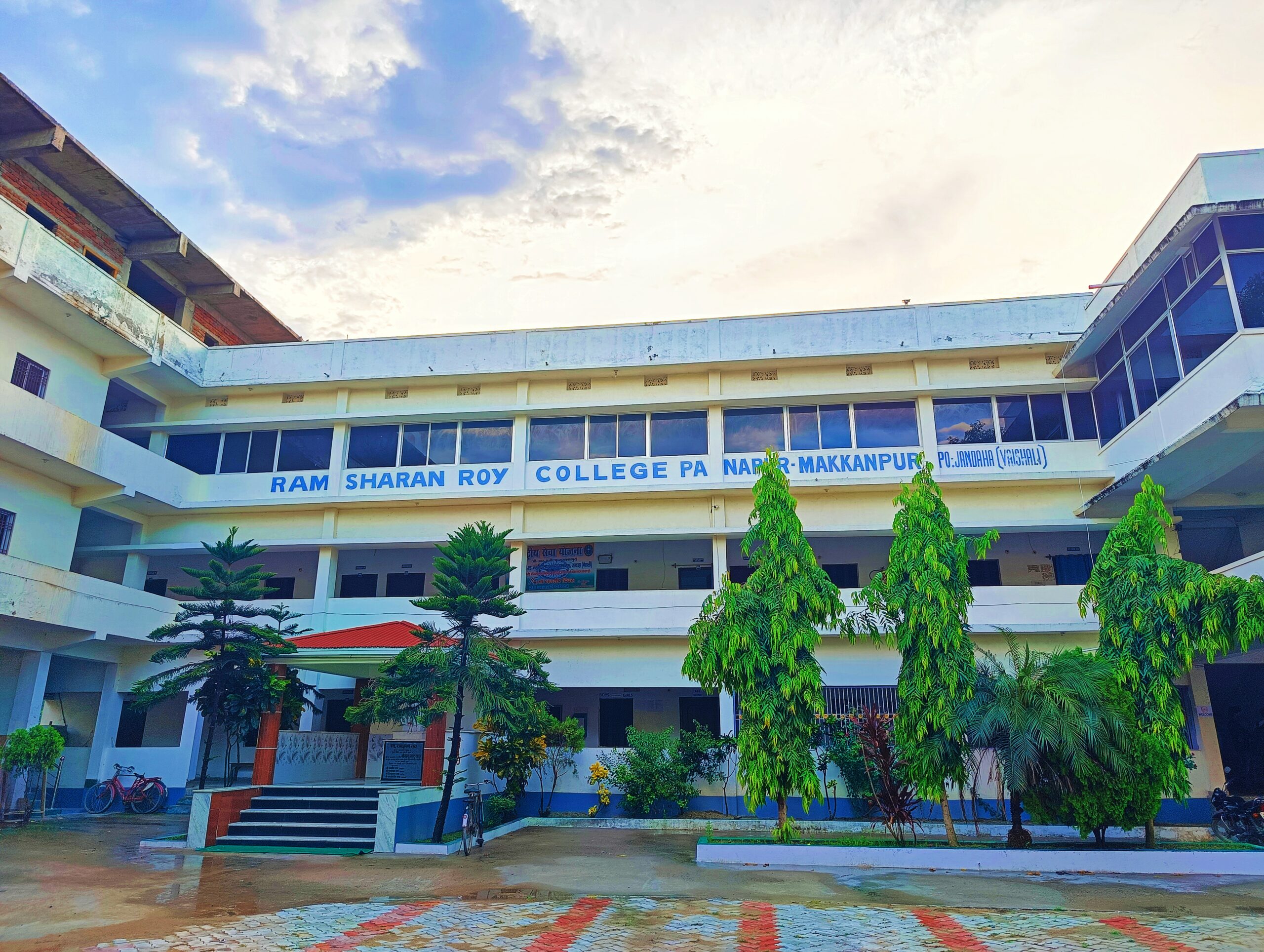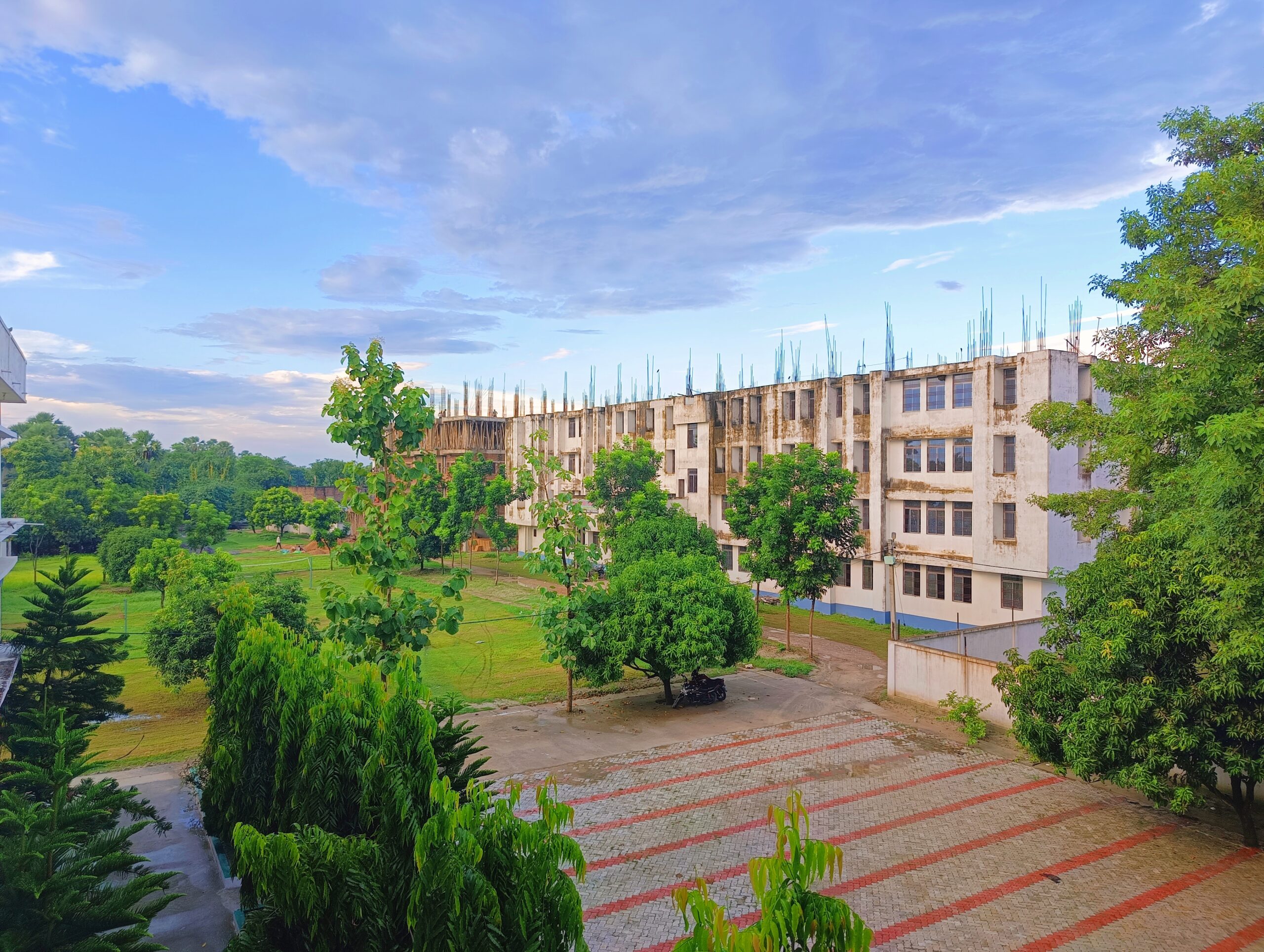Rules And Regulations
At RSGOI We follow a set of rules and regulations to govern various aspects of academic, administrative, and operational functions. Here are some basic rules and regulations commonly observed in Indian colleges and universities:
Academic Integrity:
Plagiarism: Strict policies against plagiarism and academic dishonesty, with penalties for students found guilty of such misconduct.
Examination Conduct: Guidelines for examination conduct, including rules regarding cheating, use of unauthorized materials, and consequences for exam malpractice.
Attendance Requirements:
Minimum Attendance: Minimum attendance requirements for students to be eligible to appear for examinations or receive course credit.
Consequences: Consequences for inadequate attendance, including probation, denial of promotion, or exclusion from examinations.
Code of Conduct:
Student Behavior: Codes of conduct outlining expected behavior for students, including guidelines for respectful interaction, non-discrimination, and harassment-free environments.
Disciplinary Action: Procedures for addressing violations of the code of conduct, including investigation, disciplinary hearings, and sanctions for misconduct.
Admission Criteria:
Eligibility Criteria: Admission criteria specifying academic qualifications, entrance exam scores, and other requirements for admission to undergraduate and postgraduate programs.
Reservation Policy: Compliance with government-mandated reservation policies for seats reserved for specific categories such as Scheduled Castes (SC), Scheduled Tribes (ST), Other Backward Classes (OBC), and Economically Weaker Sections (EWS).
Curriculum and Assessment:
Curriculum Design: Guidelines for designing and updating academic curricula, including requirements for core courses, electives, and credit distribution.
Assessment Methods: Policies for assessment methods, grading systems, and evaluation criteria for student performance in coursework, assignments, projects, and examinations.
Financial Regulations:
Fee Structure: Transparent fee structures outlining tuition fees, examination fees, hostel charges, and other expenses payable by students.
Financial Aid: Procedures for availing scholarships, grants, loans, and other forms of financial assistance for eligible students.
Facilities and Resources:
Library Rules: Rules and regulations for library usage, including borrowing privileges, access to digital resources, and guidelines for maintaining library materials.
Laboratory Safety: Safety protocols and guidelines for using laboratory facilities, handling equipment, and conducting experiments safely.
Health and Safety:
Health Services: Access to healthcare facilities, medical assistance, and counseling services for students, faculty, and staff.
Emergency Preparedness: Protocols for responding to emergencies, natural disasters, and crisis situations on campus, including evacuation procedures and emergency contacts.
Information Technology Usage:
Acceptable Use Policy: Guidelines for the appropriate use of IT resources, including computer labs, internet access, email services, and software applications.
Data Security: Measures to safeguard sensitive information, protect privacy, and prevent unauthorized access to digital resources and data.
Compliance and Regulations:
Legal Compliance: Compliance with relevant laws, regulations, and statutory requirements governing higher education institutions in India, including University Grants Commission (UGC) guidelines and regulations.
Affiliation: Affiliation with statutory bodies and regulatory authorities, such as affiliating universities, professional councils, and accreditation agencies.
These rules and regulations are essential for maintaining academic standards, ensuring student welfare, and fostering a conducive learning environment in Indian colleges and universities. They contribute to the overall governance, accountability, and integrity of higher education institutions across the country.
Do’s
- Students must use only courteous and polite language and maintain a sense of decorum with the faculty, staff, students, and guests of the University.
- Students should be regular and punctual in attending classes and all activities like workshops & seminarsconducted within the collage.
- Read notices/circulars displayed on the College Notice Board/Website.
- Ignorance towards any notice/circular displayed on the notice board or website shall not be accepted as an excuse for failing to comply with the directions contained in it.
- All vehicles should be parked in the allotted parking place and parking area only.
- While attending functions or events, students/scholars must conduct themselves in such a way as to bring honour to themselves and to the institution.
- The students are expected to take all assignments, tests, and examinationsof the institution seriously and try to perform to the best of their potential.
- Each student of the institution must always possess Student Identity Card with his/her photograph affixed on it and duly attested by the Registrar.
- Students must use the resources of the institution namely library, computers, equipment, transport, medical, communication, power, etc judiciously and effectively.
- Students must file any genuine complaints to the concerned authority without fear.
Dont’s
- All students must abstain from indulging in any kind of violence.
- It is strictly prohibited for students to gather at roads, entrances, exits, and pathways.
- Students must not talk or act in a manner that would bring disrepute to the institution.
- Students must not leave classes or be late for the classes under the pretext of paying fees, visiting the library, etc.
- Smoking, consumption of any kind of alcohol/drugs within the college premises is strictly prohibited.
- Damaging the building or any college property in any way is strictly prohibited.
- Misconduct during the examination, production of false information or documents for admission purposes, and the failure to return materials taken on loan from the institution would be seriously dealt with.
- Use of mobile phones/other electronic gadgets such as earphones, headphones within the classrooms, laboratories, seminar halls, and auditoriums is strictly prohibited. Violation of this rule by any student would result in impounding of these devices and strict disciplinary action.
Students must not involve themselves either directly or indirectly in any form of politics either inside or outside the institution during the period of their study.
These rules and regulations are essential for maintaining academic standards, ensuring student welfare, and fostering a conducive learning environment in Indian colleges and universities. They contribute to the overall governance, accountability, and integrity of higher education institutions across the country.


